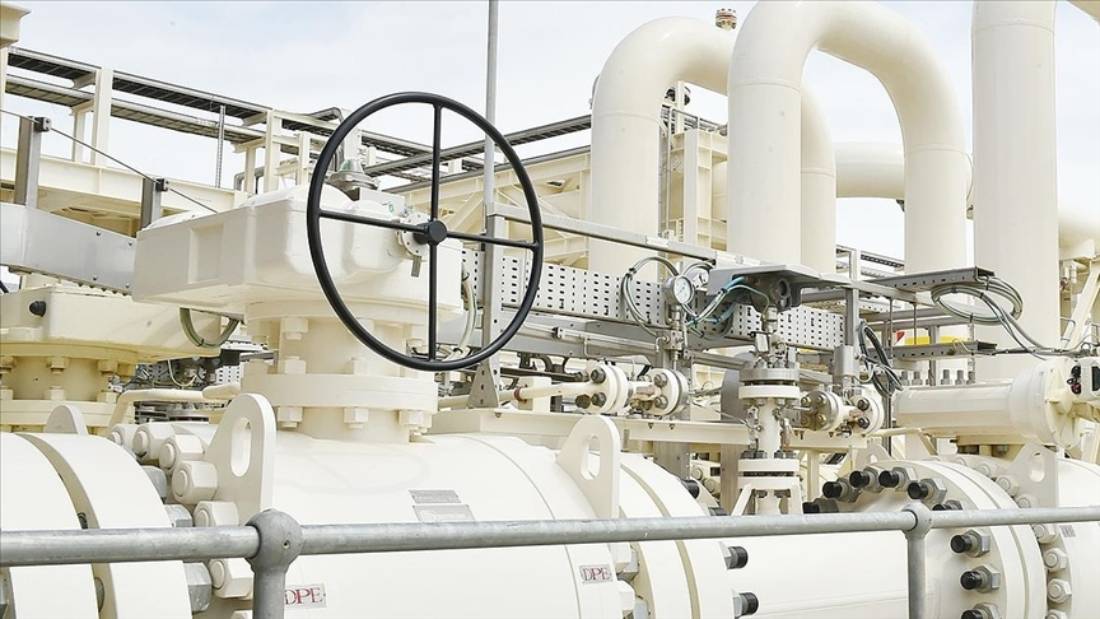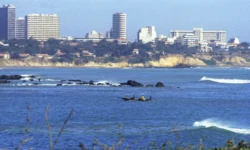A joint committee of Niger and Beninese officials has failed to find a solution to a border dispute over an oil pipeline that has turned into a crisis between the two countries.
The border crisis continues in the Niger-Benin oil pipeline project, which aims to export oil from landlocked Niger to the world market via Benin on the Atlantic Ocean coast.
Although Niger has closed the border with Benin on security grounds, the joint committee meetings consisting of officials from the two countries have also failed in the crisis due to Niger’s desire to export oil from Benin Port.
Benin argues that Niger should open the land border for oil exports through the pipeline, while Niger emphasizes that the border is closed for security reasons.
Last week, Benin’s Minister of Mines Samou Seidou Adambi met with his counterpart in Niger’s capital Niamey but was not received by President Abdarrahmane Tchiani.
Benin President Patrice Talon had reacted to Adambi not being allowed to meet with Tchiani. Niger Prime Minister Ali Lamine Zeine had also said that Adambi had met with military administration officials.
Relations strained by the coup in Niger
The two countries had fallen out after a military coup in Niger in July 2023.
Benin had closed its borders to Niger as a member of the Economic Community of West African States (ECOWAS), which imposed sanctions on Niger over the coup.
Benin President Talon, on the other hand, tried to establish more moderate relations with the military administration in Niger despite the harsh stance of ECOWAS, but did not find the response he expected.
Although Benin opened its border with Niger, this time the Niger side closed its border on security grounds.
Africa’s longest oil pipeline
The construction of the Niger-Benin Oil Export Pipeline (PENB) project, which started in 2019 by the Chinese company Wapco and cost about 5 billion dollars, was completed in March and the first symbolic production was realized in April.
The project aims to export the crude oil extracted from the southwest of Niger through the Seme Port in neighboring Benin via a 2,000-kilometer oil pipeline.
Thus, landlocked Niger will be able to export oil through Benin on the Atlantic Ocean coast.
With the full realization of the project, Niger is expected to produce 110 thousand barrels of crude oil per day, 90 thousand barrels of which will be exported.
In the project, the ultimate goal is for Niger to produce 200 thousand barrels of crude oil per day in 2026.
Niger, a large desert country in the Sahel, which can currently produce 20 thousand barrels of crude oil per day, has been using this oil domestically due to the lack of export channels.
The International Monetary Fund (IMF) points out that if Niger can produce 110 thousand barrels of crude oil per day, the country’s economy can grow by about 11 percent.
In order to export oil in the project, the border problem between the 2 countries must be solved.












